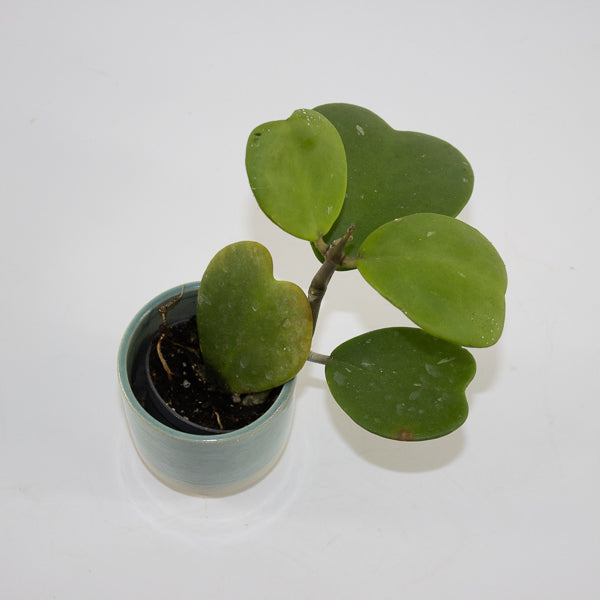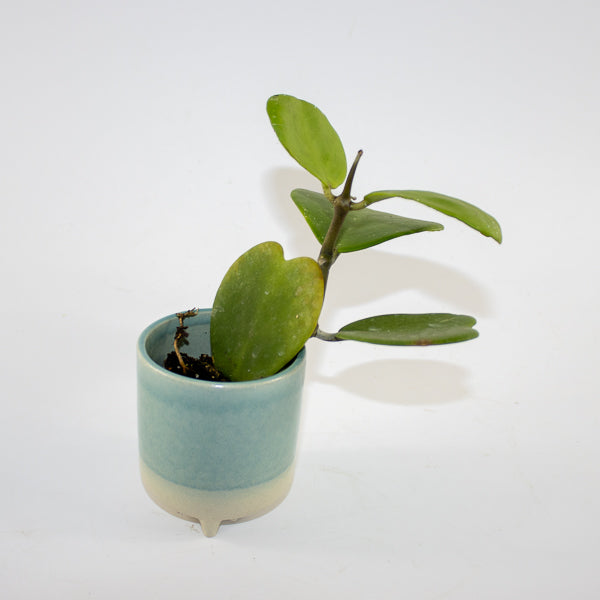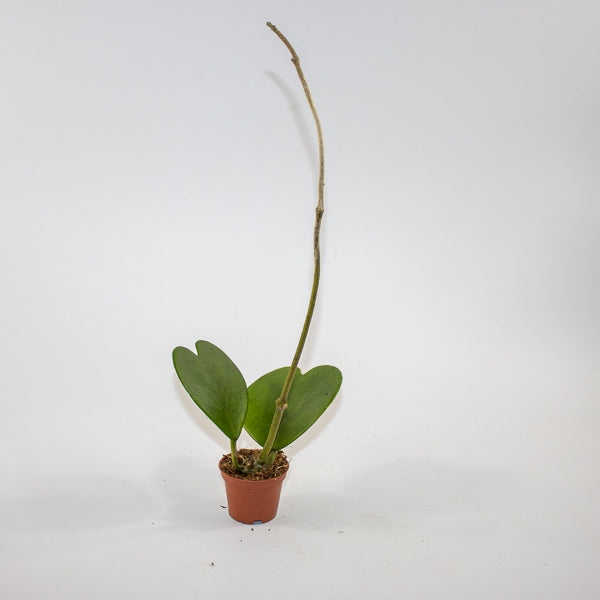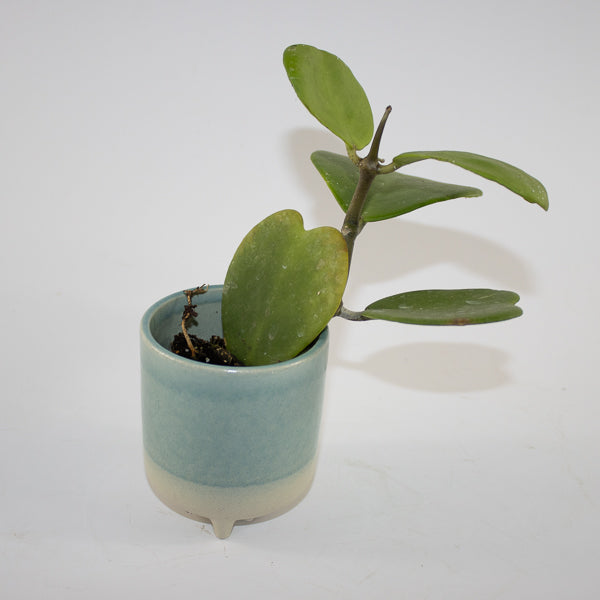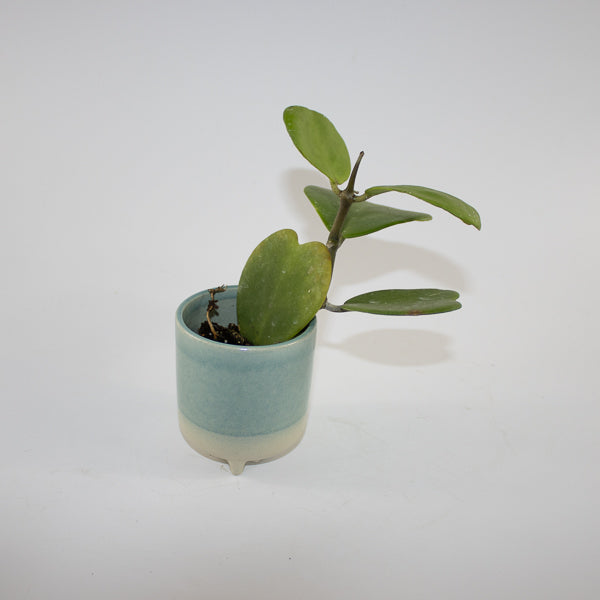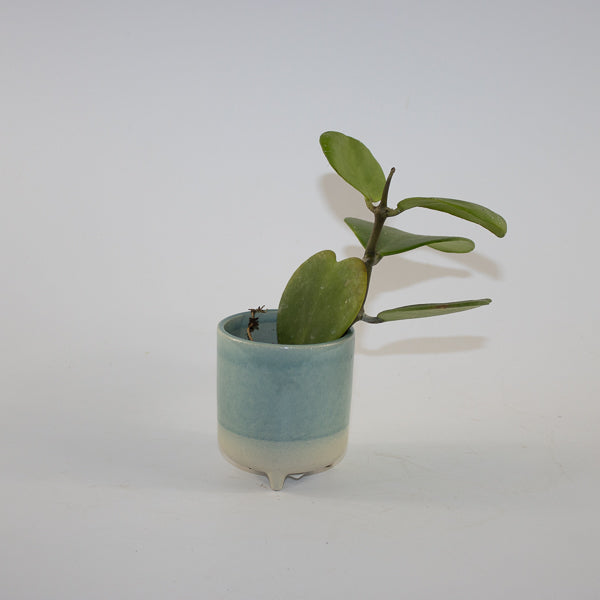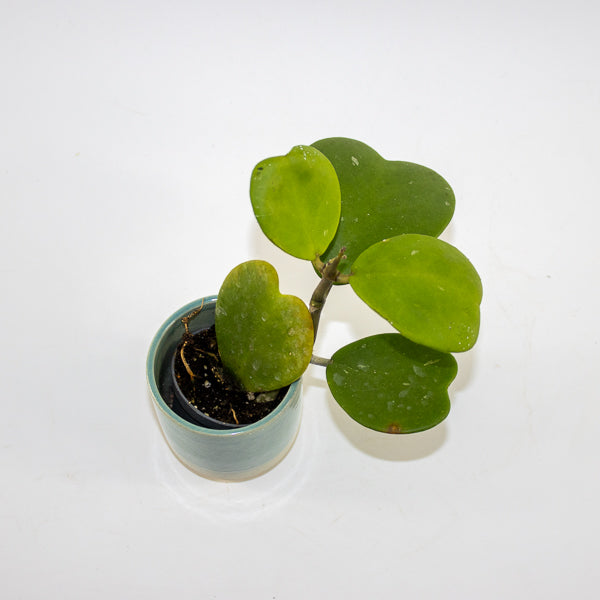1
/
of
6
Emms Plant House
Hoya kerrii Ø6cm H10cm
Hoya kerrii Ø6cm H10cm
Regular price
£10.00 GBP
Regular price
Sale price
£10.00 GBP
Unit price
/
per
Taxes included.
Couldn't load pickup availability
Hoya kerrii, commonly known as the "Sweetheart Hoya" or "Heartleaf Hoya," is a popular succulent known for its distinctive, heart-shaped leaves. This charming plant has gained popularity for its symbolism of love, making it a perfect gift for Valentine's Day or for expressing affection. Hoya kerrii is a low-maintenance, slow-growing plant that thrives in a variety of indoor conditions. Its unique foliage and easy care requirements make it an excellent choice for both novice and experienced plant owners.
- Full Botanical Name: Hoya kerrii
- Common Names: Sweetheart Hoya, Heartleaf Hoya
- Country and/or Region of Origin: Native to Southeast Asia
- Growing Conditions in Native Habitat: Grows as an epiphyte in tropical forests, where it thrives in bright, indirect light and humid conditions
Care Guide
Care Guide
Share
